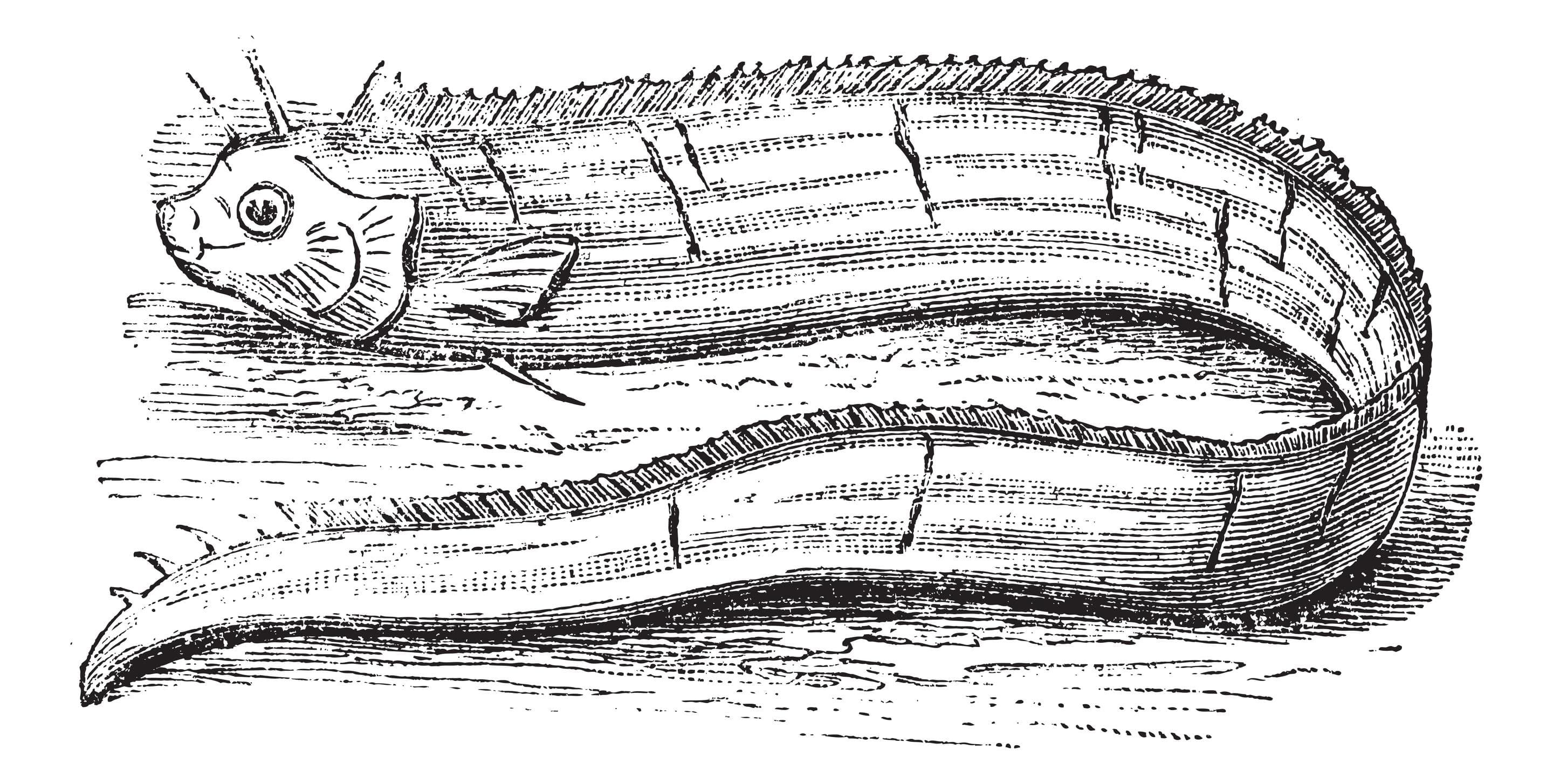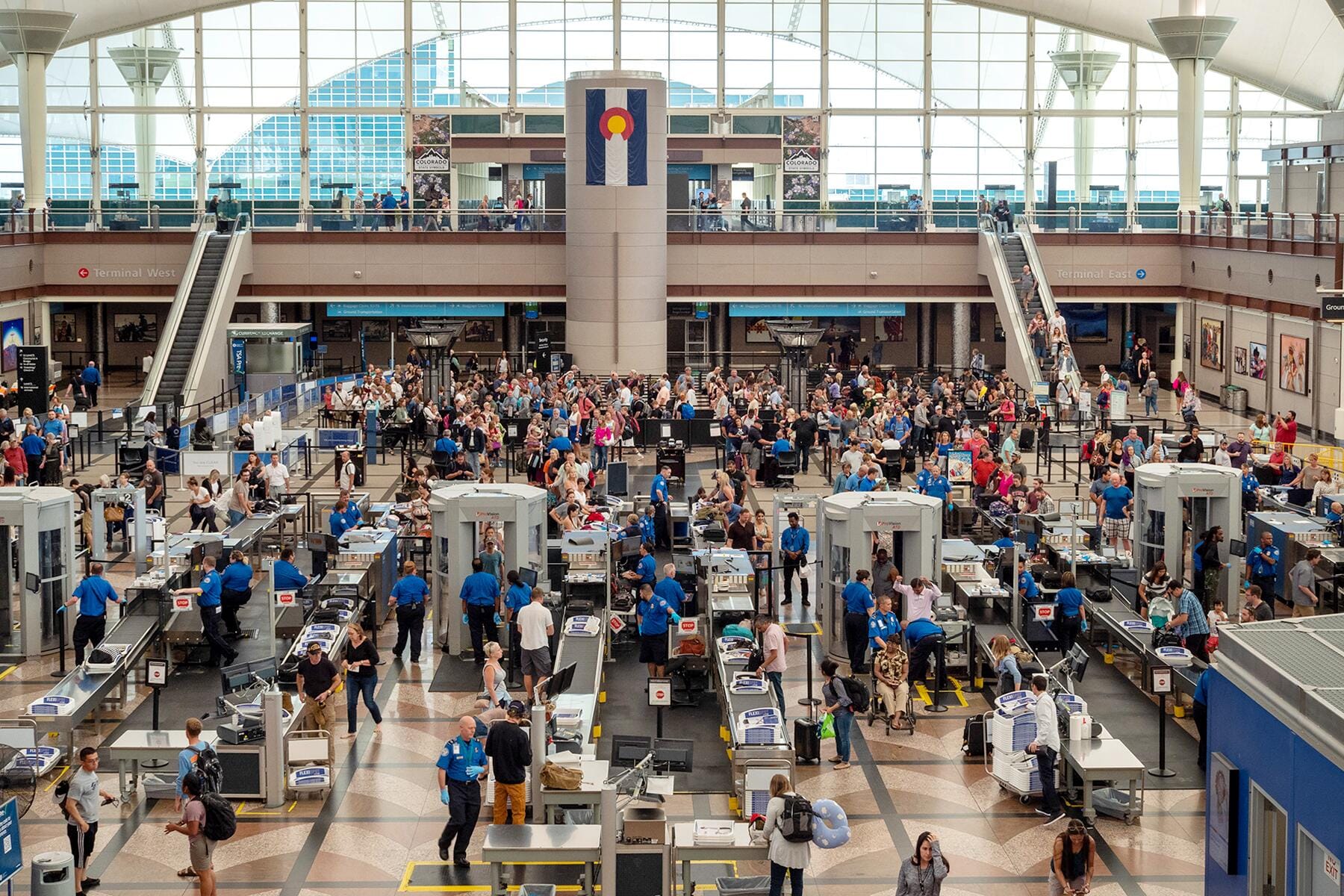Some are saying the sightings of this marine creature signals a natural disaster.
Two oarfish were caught in local fishing nets off the coast of Toyama Prefecture, Japan, on Friday. According to Japanese folklore, the rare species of fish are thought to be a sign of a natural disaster when spotted in shallow waters. Known as “Messenger from the Sea God’s Palace,” their appearance is said to foretell earthquakes. With this week’s sightings of a 10.5-foot oarfish on Toyoma Bay’s shore and a 13-foot one caught in a net close to Imizu port, seven of the deep-water creatures have been spotted this season. Though this sounds like a scene ripped from a fantastical disaster film like 2013’s Pacific Rim, similar sightings in 2010 saw around 12 oarfish wash up on a Japanese coastline. The next year, at least 19,000 people were killed when the magnitude-9 Fukushima earthquake struck.
There is some factual basis in the belief that oarfish may predict an earthquake. The scaleless elongated species typically resides at a depth between 650 and 3,200 feet below the surface. Some theories have pointed out that bottom-dwelling fish like oarfish may be affected by any changes in seismic fault lines prior to an earthquake.

However, Hiroyuki Motomura, a professor of ichthyology at Kagoshima University told AsiaOne, “The link to reports of seismic activity goes back many, many years, but there is no scientific evidence of a connection so I don’t think people need to worry.”
Recommended Fodor’s Video
According to World Nomads, nearly 1,500 earthquakes hit Japan each year, a country where 10 percent of the planet’s active volcanoes reside. If you’re traveling in Japan, or any earthquake-prone region, and find yourself at the mercy of an earthquake, here are a few pieces of information that might just save your life.
Find Shelter
Drop to the ground and take cover under a sturdy piece of furniture. If possible cover your head with a pillow, and stay in place until the shaking has stopped.
If You’re Outdoors
If you’re in an urban area, it’s important to stay indoors during an earthquake. However, if you do find yourself outside when one strikes, don’t run inside. Seek out an open space (away from large buildings and collapsible structures), crouch down, and cover your head to avoid any falling debris. If you’re near a coast, find high ground as there could be risk of a tsunami and remain there until you’re certain the earthquake has passed.
If You’re Driving
Stop as quickly as possible—away from trees, overpasses, and power lines—and remain in your vehicle with your seat belt on. Be sure to keep the radio on so that you can monitor emergency broadcasting.



